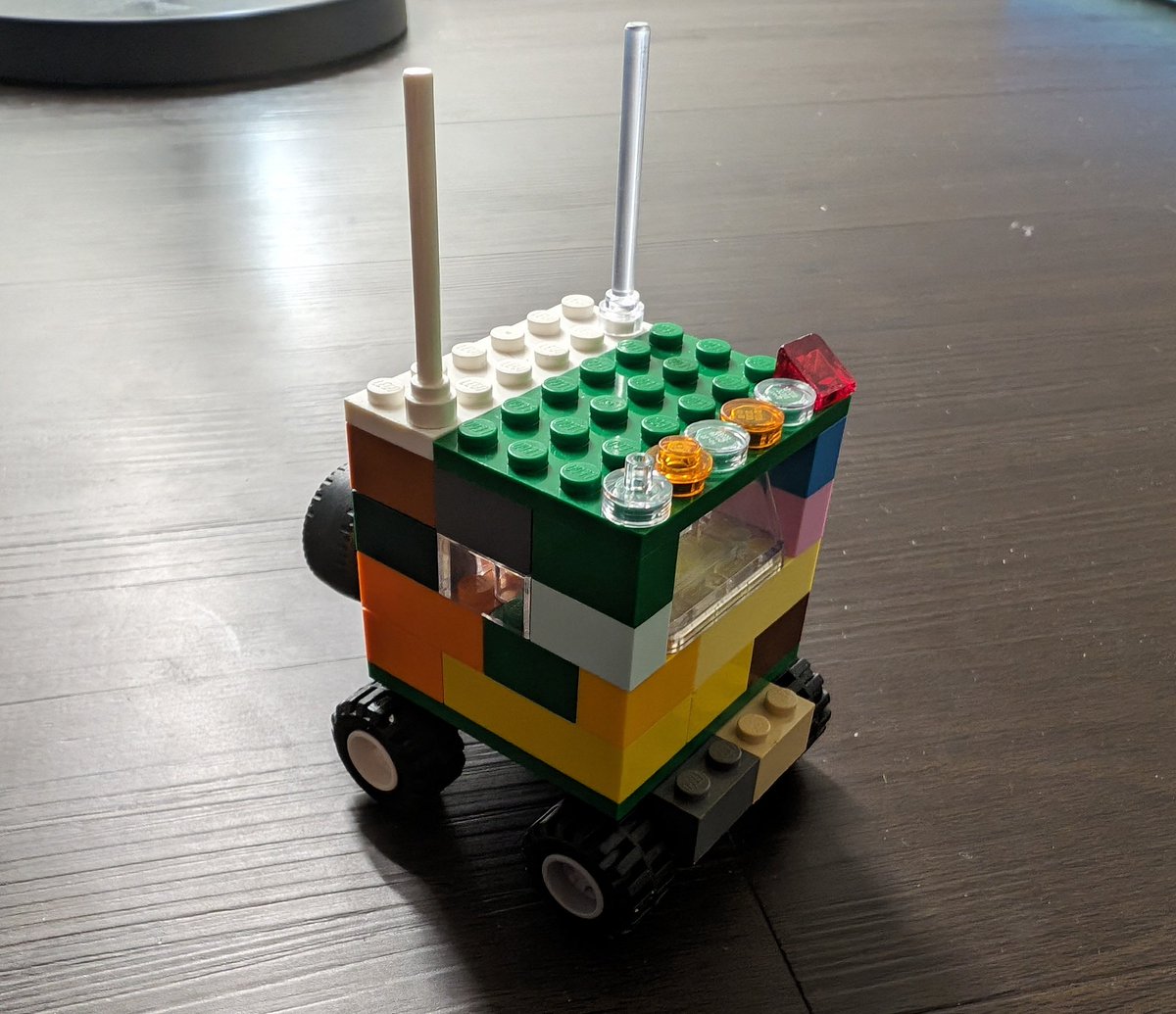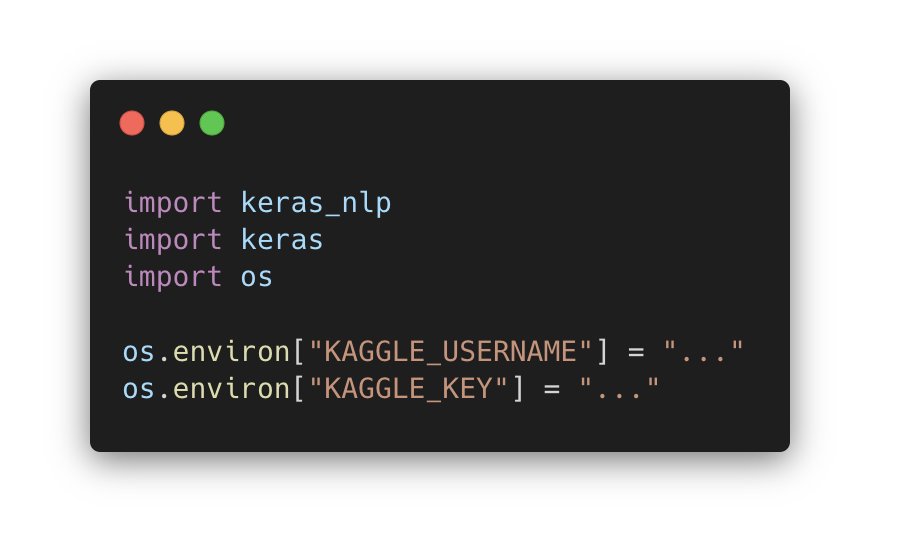
Co-founder @ndea. Co-founder @arcprize. Creator of Keras and ARC-AGI. Author of 'Deep Learning with Python'.
99 subscribers
How to get URL link on X (Twitter) App



 ARC-AGI-2 dataset: github.com/arcprize/ARC-A…
ARC-AGI-2 dataset: github.com/arcprize/ARC-A…
 Read about our goals here: ndea.com
Read about our goals here: ndea.com

 My full statement here: arcprize.org/blog/oai-o3-pu…
My full statement here: arcprize.org/blog/oai-o3-pu…







 The "AI" of today still has near-zero (though not exactly zero) intelligence, despite achieving superhuman skill at many tasks.
The "AI" of today still has near-zero (though not exactly zero) intelligence, despite achieving superhuman skill at many tasks.
https://twitter.com/MIT_CSAIL/status/1774467004201578566Intelligence is found in the ability to pick up new skills quickly & efficiently -- at tasks you weren't prepared for. To improvise, adapt and learn.



 Next, let's instantiate the model and generate some text. You have access to 2 different sizes, 2B & 7B, and 2 different versions per size: base & instruction-tuned.
Next, let's instantiate the model and generate some text. You have access to 2 different sizes, 2B & 7B, and 2 different versions per size: base & instruction-tuned.